Description
The Unsung Hero of the Lab: Why Laboratory Filter Mesh is Essential for Reliable Results
In the world of scientific research and analysis, precision and purity are paramount. From pharmaceutical development to environmental monitoring, the reliability of results hinges on the elimination of contaminants and accurate sample preparation. While sophisticated instruments often take center stage, a seemingly simple component plays a crucial role behind the scenes: the laboratory filter mesh.
This often-overlooked piece of equipment is a critical tool for scientists, acting as a gatekeeper that ensures only desired substances pass through, leaving unwanted particles behind. But what exactly is laboratory filter mesh, and why is it so vital for achieving dependable outcomes?
Understanding Laboratory Filter Mesh
At its core, laboratory filter mesh is a woven or non-woven material, typically made from polymers like nylon, polyester, polypropylene, or stainless steel. Its defining characteristic is its precisely controlled pore size, which dictates the size of particles that can pass through. These pore sizes can range from just a few microns (millionths of a meter) to several millimeters, catering to a wide variety of applications.
The Versatility of Filtration
The applications of laboratory filter mesh are as diverse as the fields it serves. Here are just a few examples:
- Cell Culture: In biological research, filter mesh is used to sterilize media, remove cell debris, and isolate specific cell types based on size.
- Sample Preparation: For analytical techniques like chromatography and mass spectrometry, filter mesh removes particulate matter that can clog instruments and interfere with accurate measurements.
- Particle Size Analysis: Precisely sized filter mesh can be employed to separate particles based on their diameter, allowing for detailed analysis of particle size distributions.
- Water and Wastewater Treatment: Filter mesh plays a crucial role in removing suspended solids and pollutants from water samples, ensuring accurate analysis and effective treatment processes.
- Pharmaceutical Manufacturing: From filtering injectable solutions to separating active ingredients, filter mesh is essential for maintaining the purity and safety of pharmaceutical products.
Why Quality Matters
The performance of laboratory filter mesh directly impacts the quality of experimental results. Therefore, selecting the appropriate mesh and ensuring its quality are critical considerations. Key factors to consider include:
- Material Compatibility: The chosen material must be chemically compatible with the substances being filtered to prevent degradation or contamination.
- Pore Size Precision: Accurate and consistent pore size distribution is essential for reproducible results. Variations in pore size can lead to inconsistent filtration and inaccurate data.
- Strength and Durability: The mesh must be strong enough to withstand the pressure and handling involved in the filtration process.
- Cleanliness: The filter mesh should be free of contaminants that could leach into the sample and compromise the results.
Beyond Basic Filtration: Specialized Filter Mesh
Advancements in material science have led to the development of specialized filter mesh with enhanced properties. These include:
- Surface Modified Mesh: Coatings can be applied to the mesh to improve hydrophilicity, reduce protein binding, or enhance cell adhesion.
- Conductive Mesh: For applications requiring electrical conductivity, filter mesh can be made from or coated with conductive materials.
- High-Temperature Resistant Mesh: Certain materials, like stainless steel, can withstand high temperatures, making them suitable for autoclaving and other sterilization methods.
Investing in Reliability
Choosing the right laboratory filter mesh is not merely about selecting a commodity; it’s an investment in the accuracy, reliability, and integrity of scientific work. By carefully considering the specific application and selecting a high-quality, appropriately sized filter mesh, researchers can minimize the risk of contamination, ensure accurate measurements, and ultimately, advance scientific knowledge.
In conclusion, while it may not be the flashiest piece of equipment, laboratory filter mesh plays an indispensable role in ensuring the purity and accuracy of countless experiments and analyses. It’s a testament to the fact that even the smallest components can have a significant impact on the pursuit of scientific progress.

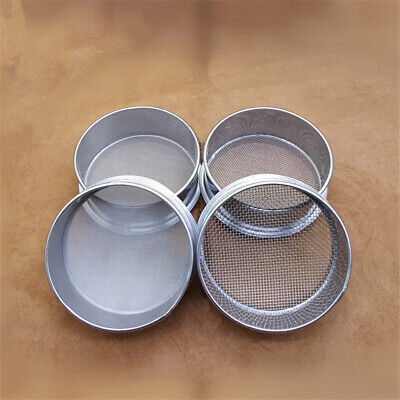
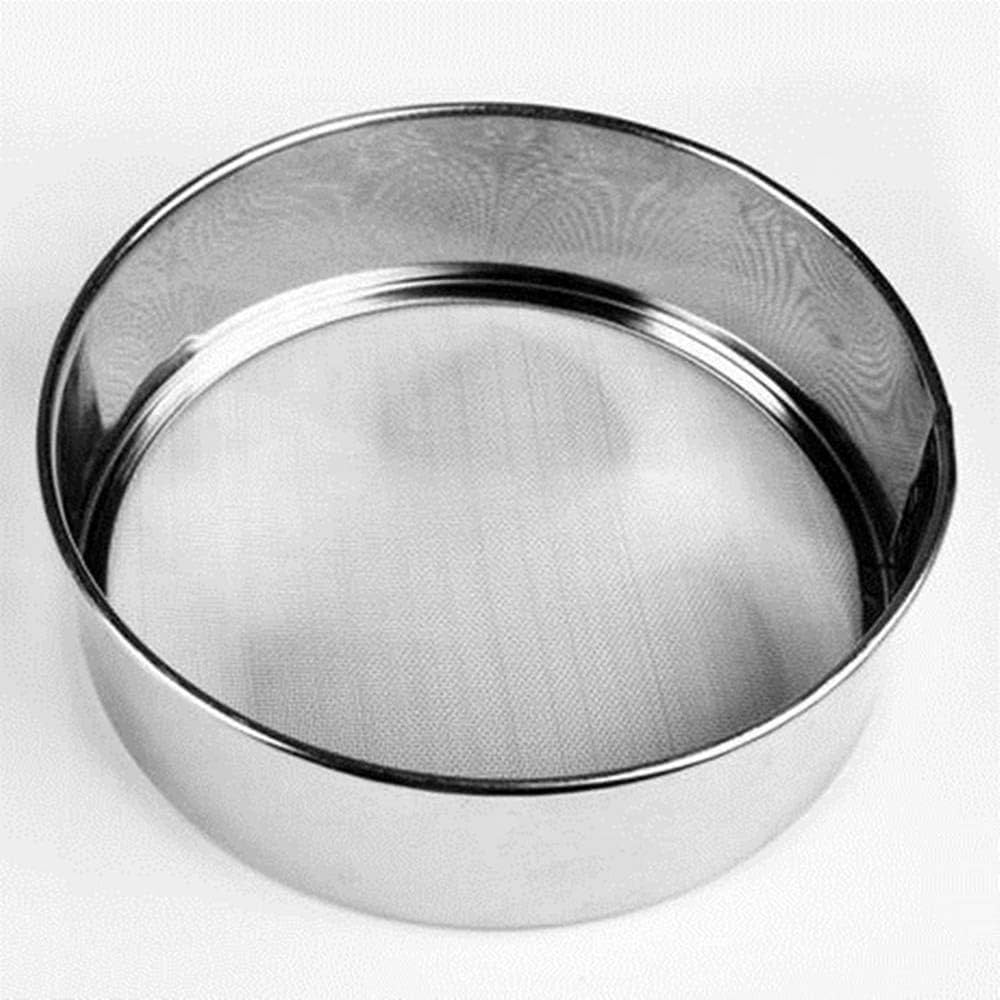
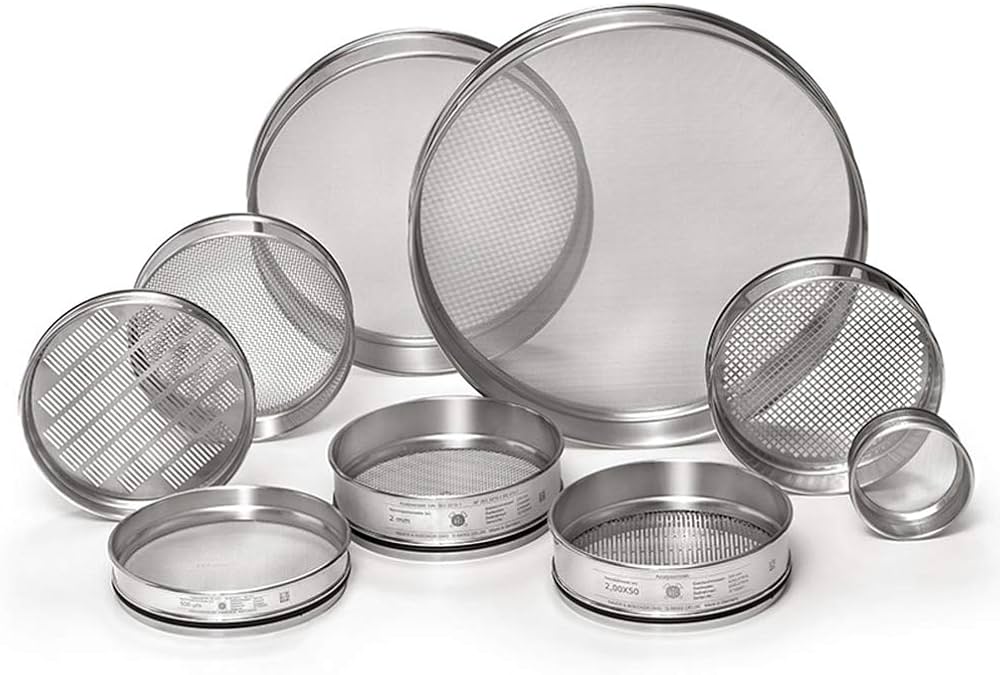


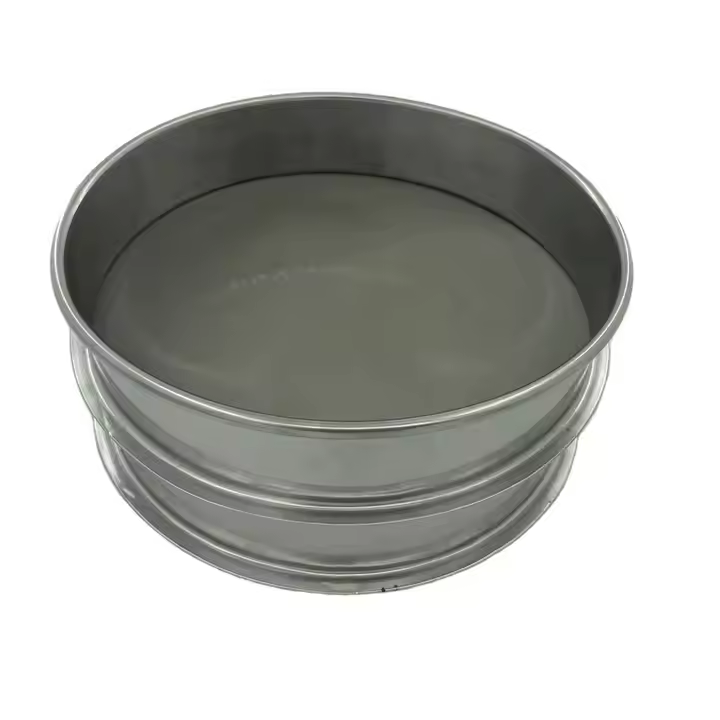
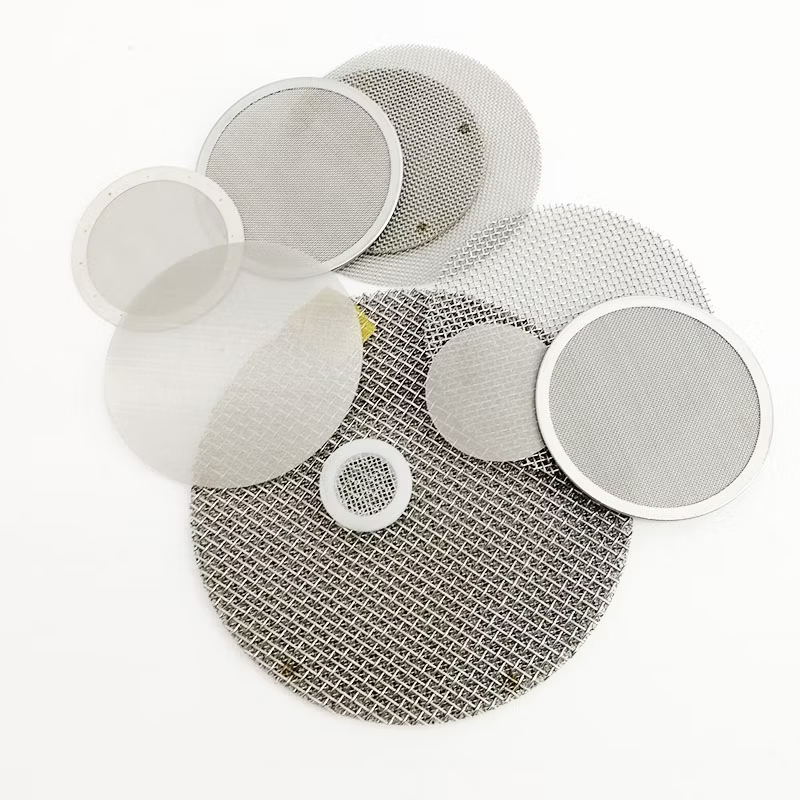
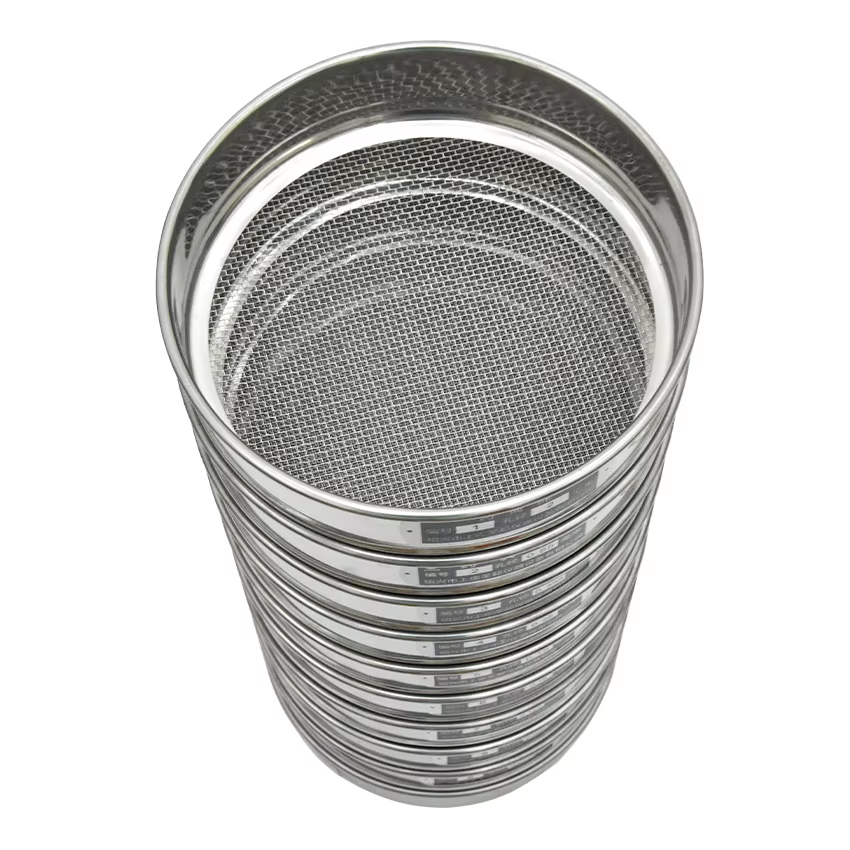


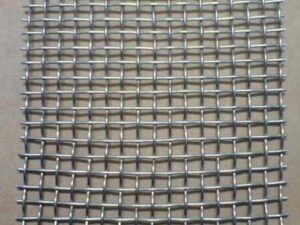

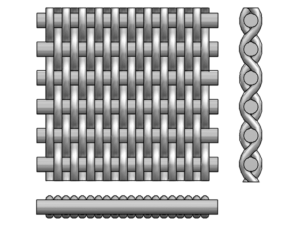
Reviews
There are no reviews yet.